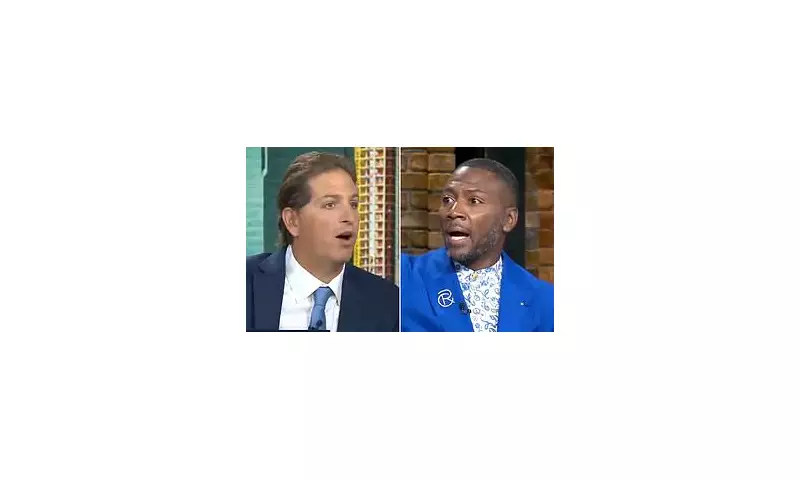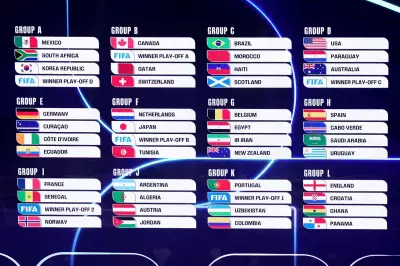
American sports broadcasting giant ESPN has been compelled to issue a public apology after two of its leading NFL analysts provoked outrage with controversial on-air comments about Miami Dolphins quarterback Tua Tagovailoa.
The incident occurred on the network's flagship show 'NFL Live,' where veteran pundits Ryan Clark and Peter Schrager were dissecting the quarterback's off-season training regime. The segment took a deeply personal and controversial turn when the discussion focused not on Tagovailoa's performance, but on his physical appearance.
Clark remarked that the quarterback was 'thick,' 'a little fat,' and looked like he had been 'eating at the Thanksgiving table every day,' while Schrager added that Tagovailoa might have been 'binging with a little too much pizza and Coca-Cola.'
The remarks ignited an immediate firestorm on social media platform X (formerly Twitter), with fans, fellow journalists, and body positivity advocates condemning the commentary as unprofessional, disrespectful, and a clear example of body-shaming.
Facing a mounting public relations crisis, ESPN moved quickly to distance itself from its employees' statements. A spokesperson for the network stated, 'ESPN apologises for the negative depiction of Tua Tagovailoa on NFL Live yesterday. It was insensitive and failed to meet our standards for professional conduct. We apologise to Tua, his family, and our viewers for what was said.'
Both analysts have also offered personal apologies. Ryan Clark posted a lengthy statement on X, expressing his regret for his 'choice of words' and acknowledging that he 'should never have made it about him physically.' Peter Schrager also issued an apology during a subsequent appearance on 'NFL Live,' stating he felt 'awful' and that his comments were 'stupid' and 'not something I'm proud of.'
The controversy has sparked a wider debate about the boundaries of sports analysis and the responsibility of broadcasters to critique athletic performance without resorting to personal and potentially harmful attacks on a player's physique.





